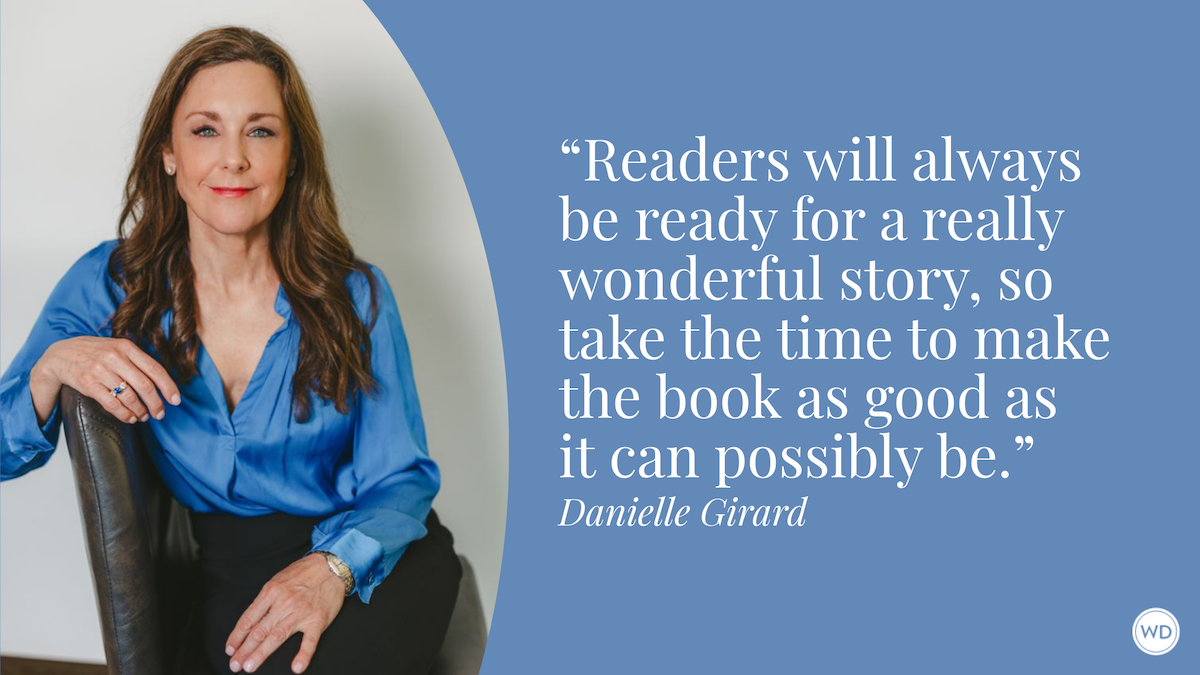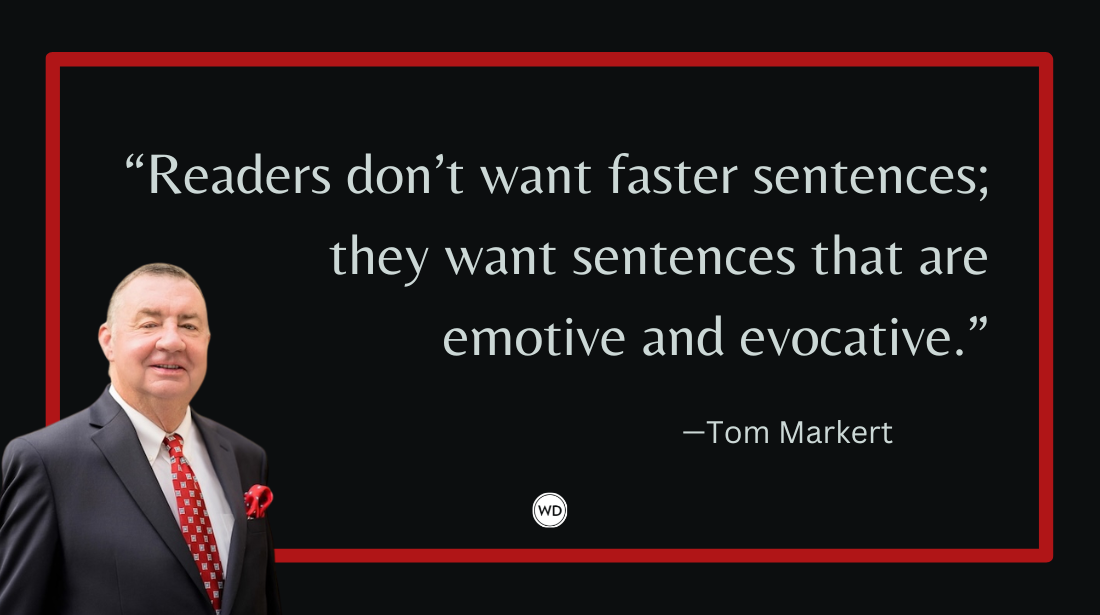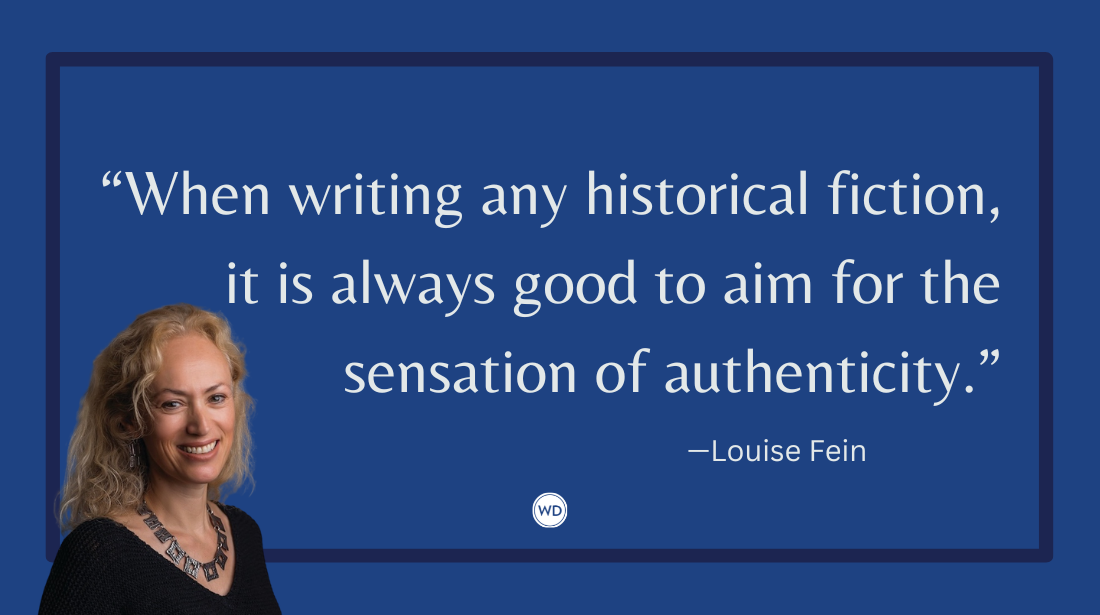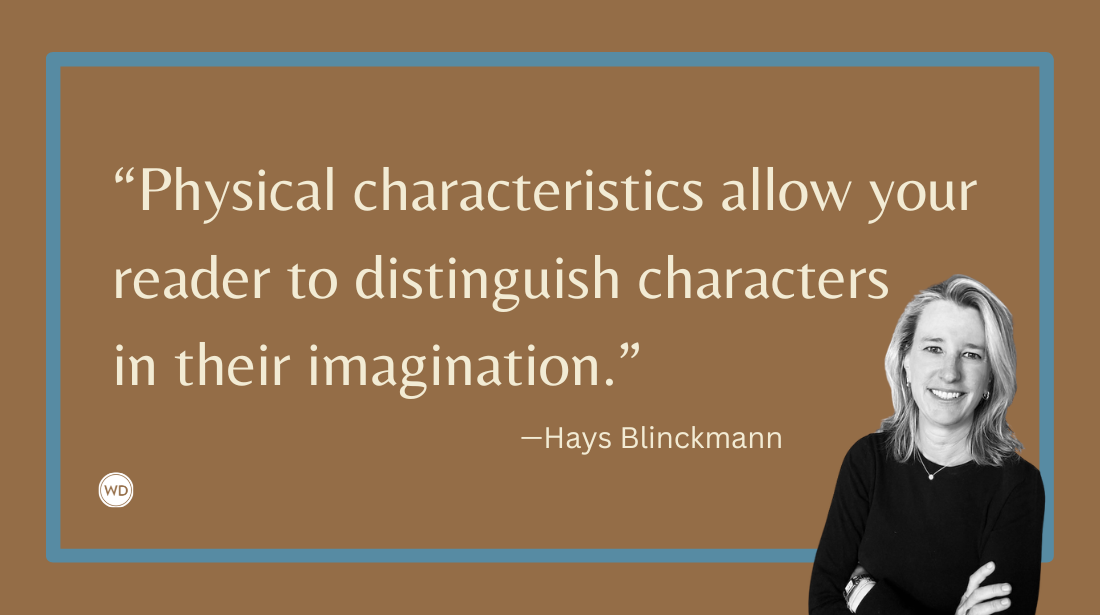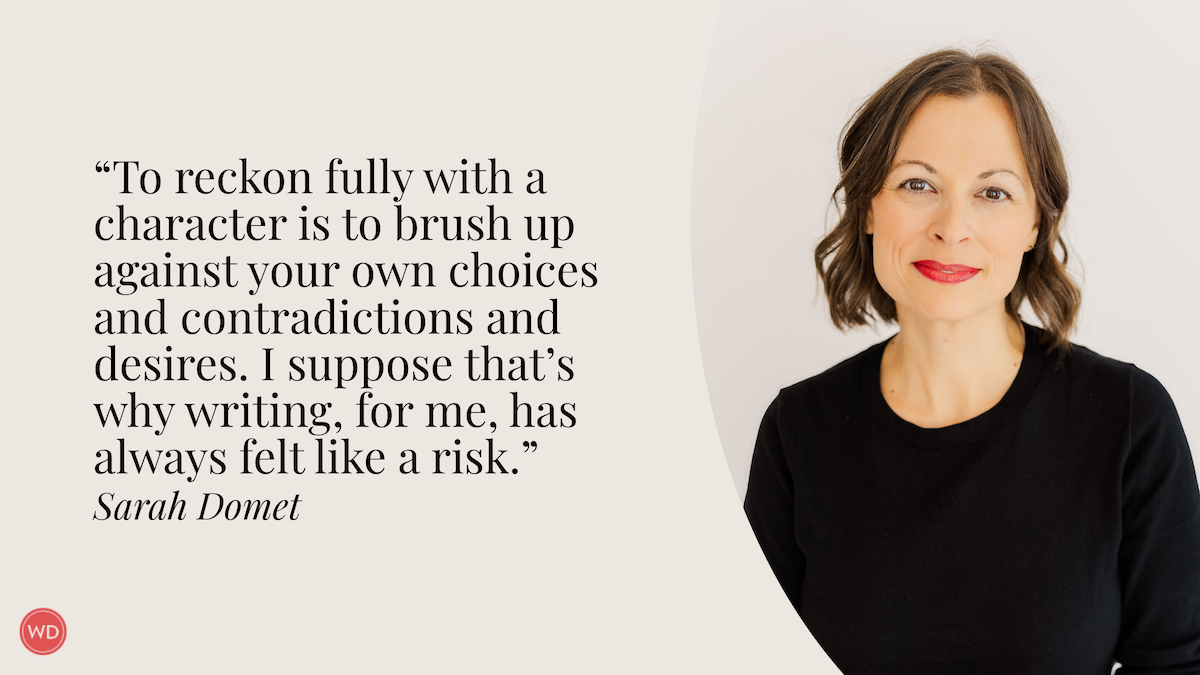An Opinionated Guide to Writing British Characters (When You’re Not British Yourself)
Author Sarah Chamberlain reveals her very opinionated guide to writing British characters when you’re not British yourself.
As any writer worth their salt will tell you, you need a certain amount of self-belief to write a book. You need to think you have a voice worth hearing, that someone would want to stick with you for 300-odd pages, that you will sound emotionally true and authentic.
Even though my ego is pretty healthy, I felt more than a little trepidation when I decided to have a British main character in my second novel Love Walked In. Not only that, but I wanted him to narrate half the book in first person.
In case you haven’t guessed, I’m not British. I am originally from northern California, an area of the US known for not having any accent at all beyond overusing “hella” and referring to our freeways without prefixing them with “the.”
So why did I feel qualified to do something so bold? Well, I’m married to an Englishman I met 16 years ago this month. (Aww!) I’ve lived in the UK on and off for most of my adult life, and I have also worked as a recipe translator for British cookbooks being published in the States, where I get paid to be pedantic about big and small cultural differences.
But still, I wrote my MMC Leo Ross holding my breath just a little bit. You see, British people have opinions about how they’re portrayed in American media. Which is fair, given that most of the impressions we get seems to be from Hugh Grant rom-coms or Outlander. Not to mention the travesty that is Dick Van Dyke’s Cockney accent as the chimney sweep in Mary Poppins—British people still resent that one even though it’s 60 years old!
(That said, British stereotype us, too. One of the first people I met when I studied abroad asked me if I owned a gun. I asked him if he owned a bowler hat and a pinstriped suit. We called a truce.)
Fundamentally, I think if you’re going to write a British accent, it’s really worth aiming to be as accurate as you can, simply because you’d hate reading someone butchering an American accent. Also, learning about Britishisms is genuinely really fun, like learning a foreign language where you understand a lot already and don’t have to conjugate verbs or come to grips with the subjunctive.
Here’s what you’ll want to consider as you formulate your British character:
Voices in Your Head
Conveying an accent in writing is both easier and harder than it seems. On the one hand, your reader isn’t going to hear your character, but on the other, you have to help them “hear” the voice on page.
So let’s think about this—what is an accent, really? My answer to this is totally unscientific—please don’t haul me up in front of a linguistics department! But in my lived experience, what we think of as an accent has three parts: the actual accent, as in how we say words, dynamics, as in the rhythm of phrases and sentences, and the vocabulary, which isn’t just nouns and verbs and adjectives but also cultural references.
The first one is going to come much more into play if your book is turned into an audiobook, and then you’d better hope you have a gifted narrator (I am very lucky to have the talented Kate Handford and Stewart Crank). But when you’re writing the text itself, you’ll want to lean into the other two.
There Is No Such Thing as a British Accent
The United Kingdom is made up of a multitude of regional accents—not just the ones from the home nations like Scotland and Wales, but much smaller areas, and they can vary in a big way across distances that seem nonexistent to most Americans. For example, the northern English cities of Manchester and Leeds are only 45 miles apart, but the two accents are strikingly different. It’s the same with Scotland—I find people from Edinburgh mostly understandable at first meeting, but the accent in Glasgow is a lot more intense. I have nodded and smiled through conversations with Glaswegian taxi drivers while having only the smallest clue what they were telling me.
Another thing: British people really don’t like to talk about this, but social class also comes into play here. Think about the how the aristocrats and the servants sound different in Downton Abbey, or Eliza Doolittle’s journey to change her accent in My Fair Lady. When I was writing Love Walked In, I wrote two characters who are both from London, but one is from a wealthier background and the other grew up with more working class roots, so they use different slang.
So when you’re planning your character, you need to do some thinking about their backstory. Where exactly did they grow up? What did their parents do for work? Where did they go to school? All of this might change how they talk.
Watch, Listen, Learn
Have I terrified you enough? Now I have some good news: It’s really easy to find good examples of all the different British accents online. This is your permission to watch A LOT of YouTube in the name of research. I’d focus on shows that are made to be consumed by British people: game shows like Taskmaster or Would I Lie to You, or panel shows like Have I Got News For You.
Even better, try to find a standup comic from a similar background to your character and watch a lot of clips of them performing. It’ll give you a feel for all the parts of their accent: the slang they use, the cadence of their speech. For example, if you want to write a character from Newcastle, Sarah Millican is both hilarious and has a strong Geordie accent. If you’re looking for someone who sounds like a younger, contemporary version of Hugh Grant, Ivo Graham is who you might need.
In Conclusion, A Few Wild Generalizations
British people are deeply afraid of looking stupid…
and therefore are the unquestionable masters of indirection and understatement. No being too serious or earnest, because then someone might make fun of them, or “take the piss.” A British person will say the worst kind of catastrophe is “not ideal.” When they’re thrilled about something, they’ll say it’s “not bad.” Imagine a nation of swans, coolly gliding on the surface and frantically paddling underneath.
…unless they get drunk.
All those bottled-up emotions have to go somewhere, and they usually explode after a few pints. British people get messy, and you can have a lot of fun with a drunk character losing their treasured composure.
And never underestimate the British capacity to make things awkward…
…because they’re so self-conscious that they will conversationally trip over their own feet.
…or to take ordinary words and turn them into insults. Or words for being drunk.
Seriously, the number of slang terms for inebriation could fill a small thesaurus on their own.
Check out Sarah Chamberlain's Love Walked In here:
(WD uses affiliate links)




